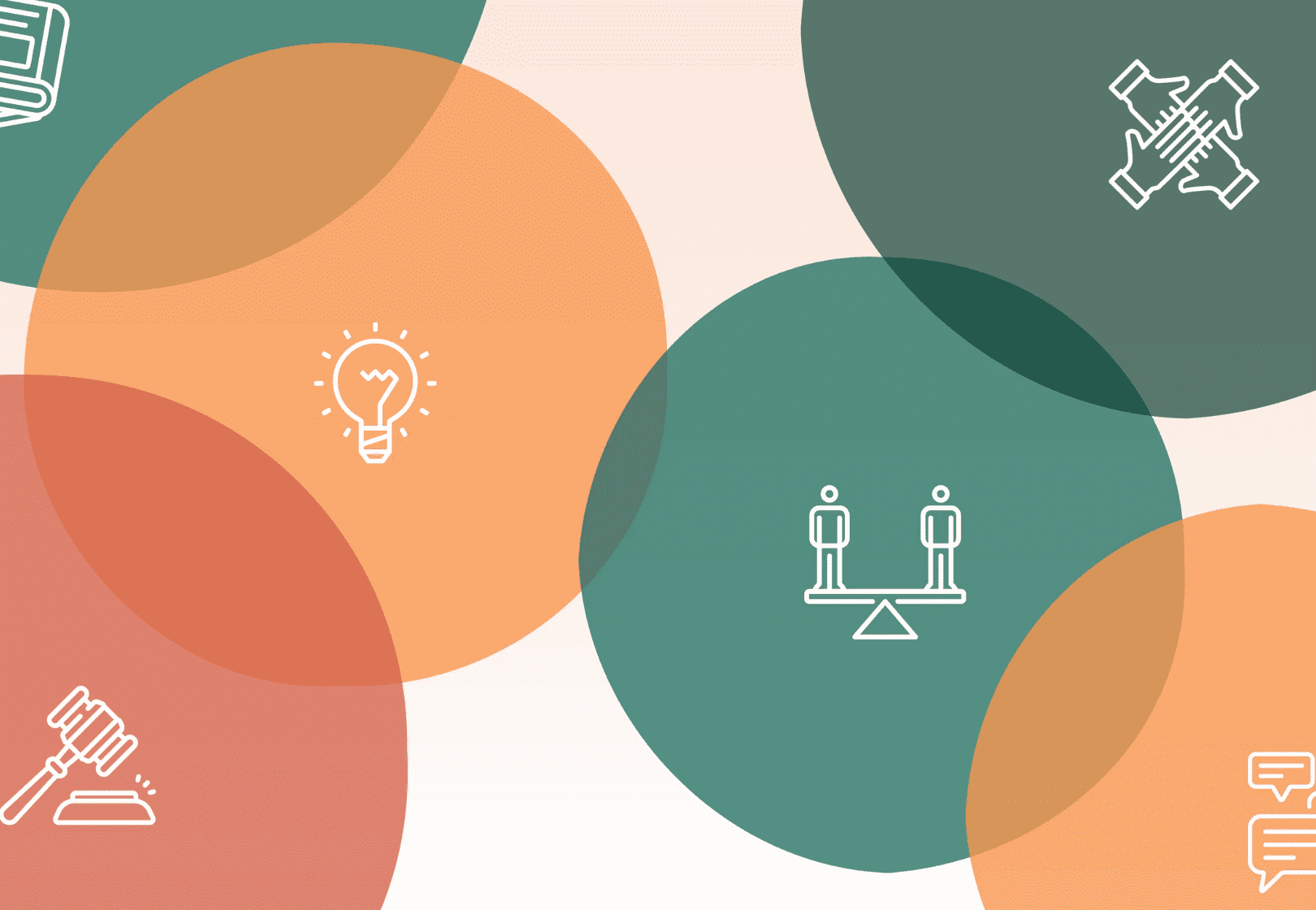Supporting Indigenous People Impacted by the Justice System
We were honoured to work with the BC First Nations Justice Council on research and resource development for Indigenous people impacted by the justice system

Improving service delivery to Indigenous people impacted by the justice system
“Evidently, the question that brought us here today [how can justice service providers better serve Indigenous people impacted by the justice system] is huge and can’t be comprehensively covered in our short session. Nor do we propose to know all of the answers to this question. Ultimately, the answer to this question requires us to listen to the lived experience of Indigenous people accessing these services.”
– Kaymi Yoon-Maxwell, JD/JID Student at the University of Victoria
Kaymi (they/she) is a law student in the joint degree program in Canadian Common Law and Indigenous Legal Orders (JD/JID) at the University of Victoria. They worked with JHS Pacific and BCFNJC this summer through a Public Interest Work Placement, funded by the Law Foundation of BC. Kaymi joined the co-supervisors of this partnership for our September session, including Renzo Caron (he/him), the provincial director of Indigenous Justice Centres for the BCFNJC, and Teddy Chan (he/him), the Director of Strategic Initiatives at JHS Pacific.
Together, our presenters explored three themes integral to the topic: Education for service providers, tailored Indigenous service delivery, and multi-sector collaboration.
Education for service providers
Indigenous-led tailored services to meet the needs of Indigenous clients
The importance of cross-sector collaboration to address system gaps
Sources referenced in the session:
Framing the issue
- Statistics Canada: https://www150.statcan.gc.ca/n1/daily-quotidien/201221/dq201221b-eng.htm
- Native Women’s Association of Canada: http://www.firstnationsdrum.com/2020/01/number-of-incarcerated-indigenous-women-at-new-high/
- Department of Justice: https://www.justice.gc.ca/eng/rp-pr/jr/oip-cjs/p3.html
- The Final Report of the National Inquiry Into Missing and Murdered Indigenous Women and Girls: https://www.mmiwg-ffada.ca/wp-content/uploads/2019/06/Final_Report_Vol_1a-1.pdf
Education & tailored services
- Plain Language Gladue Rights Blog Post: https://jhspacific.ca/blog/social-justice/gladue/
- BCFNJC Indigenous Resources Map: https://bcfnjc.com/directory-services/
- Virtual Indigenous Justice Centre: https://bcfnjc.com/virtual-indigenous-justice-centre/
Check out these organizations & resources for more information
- First Nations Summit: https://fns.bc.ca/
- Union of BC Indian Chiefs: https://www.ubcic.bc.ca/
- BC First Nations Justice Strategy: https://news.gov.bc.ca/files/First_Nations_Justice_Strategy_Feb_2020.pdf
- BCFNJC Indigenous Resources Map: https://bcfnjc.com/directory-services/
